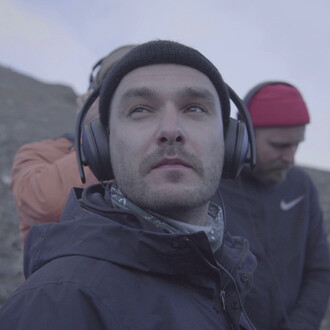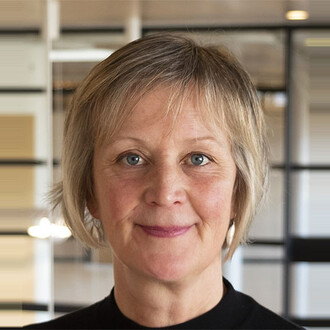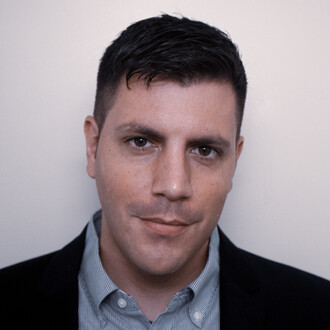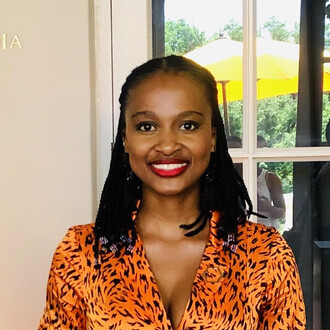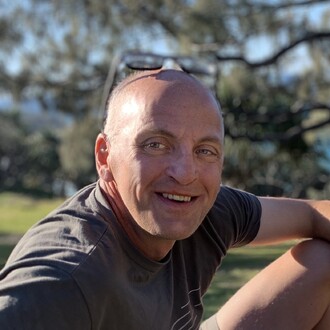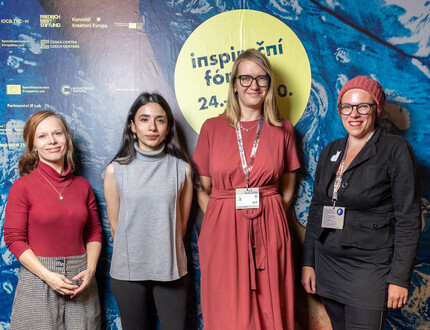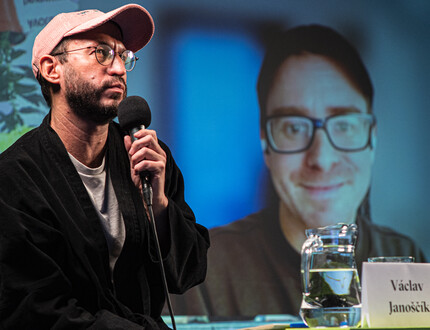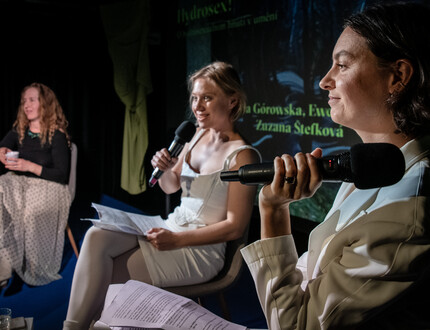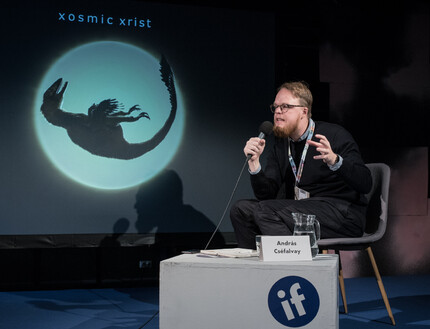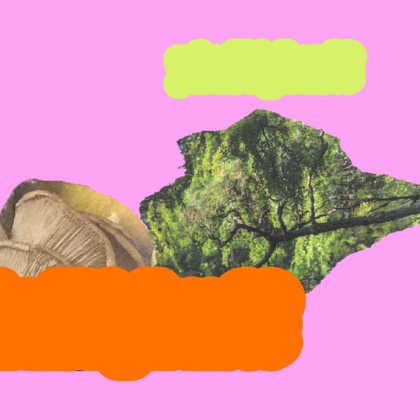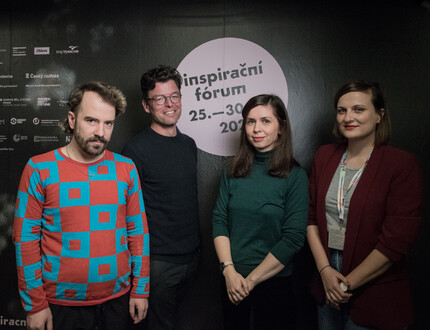Inspiration forum: What are the qualities of a desirable future? And how can each of us contribute and be conducive to such future taking place?
Ingerid S. Straume:
Norwegian writer and philosopher of education
I strongly believe that a desirable future is one that is shaped democratically. By this I mean that institutions are built through bottom-up-processes where all are involved, instead of being shaped by and for global corporations. Institutions are central because they constitute the framework through which we are socialised, realise ourselves, and act upon the environment.
In a desirable future, societies are not hierarchically layered. I think that in order to approach a more desirable future in ecological terms, we cannot ignore the social conflicts that exist, globally between regions and throughout the western world. For the outlooks are very different between those who have ecology in mind and those who have other concerns. In order to build a democratic, non-hierarchical future, a certain, basic trust is needed. And in order to approach this kind of trust, I think that we need to focus on institution-building to replace the current administrative apparatuses that serves the interests of global corporations and other, non-democratic forces.
What are the desirable life qualities as I see them, and how can each of us contribute? My answer at this point is very simple: We need to build living, local communities where we can coexist with plants, insects, other animals and the earth. The need for travel and transportation of goods must be greatly reduced, and this is something that each of us can influence. In the future, I believe that most of us will be involved in various activities such as growing food, building houses, and caring for others. Hopefully in the afternoon, as Marx and Engels said, we can be reading or fishing. Perhaps dreaming about visiting Mars, but never seriously consider doing it.
I guess that a desirable future is one where we know that we can do anything we like, but realise that we ought not to do everything, to quote Cornelius Castoriadis. A desirable human world is characterised by self-limitation, because we have faced the limits of a “safe operating space for humanity” (cf. the Planetary boundaries of Stockholm Resilience Centre) and decided to withdraw from those limits. The world is a limited space where we can realise ourselves through the community with other living beings. It is also a fragile world that needs to be sustained democratically.
Ingerid S. Straume: Are you worried about the future of planet Earth? Why/why not?
Lukáš Likavčan:
Theorist and researcher in the fields of philosophy of technology and political ecology
I'm not worried about the future of Earth, as far as the planet itself - a geophysical, geological and astronomical entity - is concerned. The planet has been here way before the humankind evolved, and will be here for a few billion years even after our extinction. That brings me to what I'm really worried about - the survival of human species in the long run. I'm not saying we're all going to die tomorrow, or hundred years from now. But since we have forgotten what does it mean to plan in longer terms (say centuries or millenia), the prospects of our survival are diminished, since it becomes more a question of chance and less of intentional organisation of our future. Our task is to survive on a planet that is indifferent toward our survival, and that demands constant planning and adapting to new circumstances. I have doubts we can make it, unless we rethink what does it mean to live together with other humans, animals, plants, rocks and ecosystems in general.
Lukáš Likavčan: How to avoid repeating colonial violence towards Africa in the pursuit of technological innovation?
Jonathan Ledgard:
A leading thinker on risk, technology, and nature in Africa
This is an important question, which must inform attempts to integrate emergent technologies into Africa. It gets into ownership. Who owns the IP? Africa needs to own more IP. There is also a subtler point about optimisation and capital: what happens to Africa when technology companies optimise for profit rather than purpose? But we need to be positive and imaginative. How can Africa be slow and fast at the same time? Simple technology decisions need to be made. Should African cities have cars? Should meat protein in Africa come from industrial farms? Should Africa be in the space race? The population of Africa in 1963 was 305 million. It's now 1.4 billion. It will be 2.8 billion in 2050. So Africa is already living in tomorrowland. Its way beyond colonial and post-colonial narratives. In this sense, Wakanda shows the way.
Jonathan Ledgard: What investments in women and girls in rural Africa can we make now which would help them protect their communities against climate change?
Ndoni Mcunu:
Founder & Late Chief Executive Officer of a non-profit organisation Black Women in Science
We can invest in exposing the work that they are currently doing or aspiring to do on international media. Provide them with the platforms to local and international exposure. We can also invest in creating partnerships for them through media, financial investment or mentorship.
Ndoni Mcunu: What can both international and local leaders do to make sure that the challenges, needs and the voices of refugees and immigrants are prioritized?
Peter Tinti:
A journalist focusing on conflict, security, human rights, and organized crime
The guiding principle for international and local leaders developing policies toward refugees and migrants should be to “do no harm.” Asylum seekers are, by definition, fleeing from and traveling in extremely precarious situations. It is incumbent on policymakers to ensure that policy responses do not increase the vulnerability of irregular migrants and asylum seekers. This might seem like a simple criterion to meet, but all too often, the international community has pursued policies that, either by design or by chance, put refugees and irregular migrants in harm’s way.
We often see this dynamic in contexts where governments seek to reduce the number of irregular migrants and asylum seekers through law enforcement and border control measures. Often times, leaders will say these policies are an effort to combat “human trafficking,” when the practical outcome is the criminalization of seeking asylum.
It is important to note that under international law, “migrant smuggling” and “human trafficking” are two different crimes. Without going into the technical details, the key difference is that human trafficking is predicated on exploitation and coercion. The victim is being trafficked against their will. Migrant smuggling, however, is the crime of transporting a person across a border irregularly, and although exploitation and abuse often occur in these contexts, the smugglers and the clients have at least entered into an arrangement in which the smuggler agrees to transport the migrant.
From the perspective of asylum seekers, hiring a smuggler can be an exercise in taking control of one’s fate. In many of these cases, we are talking about people who have been completely abandoned by the institutions that are meant to protect them. After spending years, decades, and even generations lingering in refugee camps or living in untenable situations, they decide to take matters into their own hands rather than wait on an international system that has consistently failed them.
Frequently, policymakers will frame their actions as combatting “human trafficking” when in fact, they are leveraging the universal disgust for human trafficking as a pretext for law enforcement measures that deprive asylum seekers of their right to seek asylum, as codified in the 1951 Refugee convention.
In my book with Tuesday Reitano, we highlight the ways in which migrant smuggling economies, like most other economies, are governed by the laws of supply and demand. Smugglers are the suppliers in a world in which demand for smuggling services has reached unprecedented levels, as borders are securitized and militarized while conflict, natural disasters, and political persecution continue. In competitive markets where there are reliable migrant flows and multiple actors are capable of providing those services, prices tend to be considerably lower and payment schemes more flexible. Smugglers in these contexts have every incentive to provide good services, in part because if they develop a bad reputation, migrants will take their business elsewhere.
In many cases, states pursue policies that target only the supply side of the migrant smuggling economy, through crackdowns on smugglers, more stringent policing, building physical walls or barriers, etc., but ignore the underlying demand for these services--as well as the underlying drivers of displacement such as war, persecution, and natural disasters driven by climate change. In these settings, the market is restricted, and only those actors with criminal expertise, such as mafias and organized crime syndicates, are able to provide smuggling services to meet the demand. The end result is that asylum seekers have to pay more and take greater risks to reach their desired destinations, and the profits go directly into the hands of criminal syndicates whose portfolios usually involve other criminal activity, and who are more likely to exploit refugees.
Reducing the number of refugees and irregular migrants worldwide requires committing resources to ending and preventing the types of conflicts and situations that propel displacement, and addressing the long-term needs of populations that have found themselves living in situations of protracted displacement.
Even the most optimistic among us does not believe that the drivers of displacement, such as conflict, climate change, poverty and global income inequality, are likely to be adequately addressed in the near or medium term. But in the short term, citizens should demand that their governments reject any policy that is likely to put irregular migrants and asylum seekers in greater danger.
The text was originally published in the 2020 Ji.hlava IDFF festival book.
